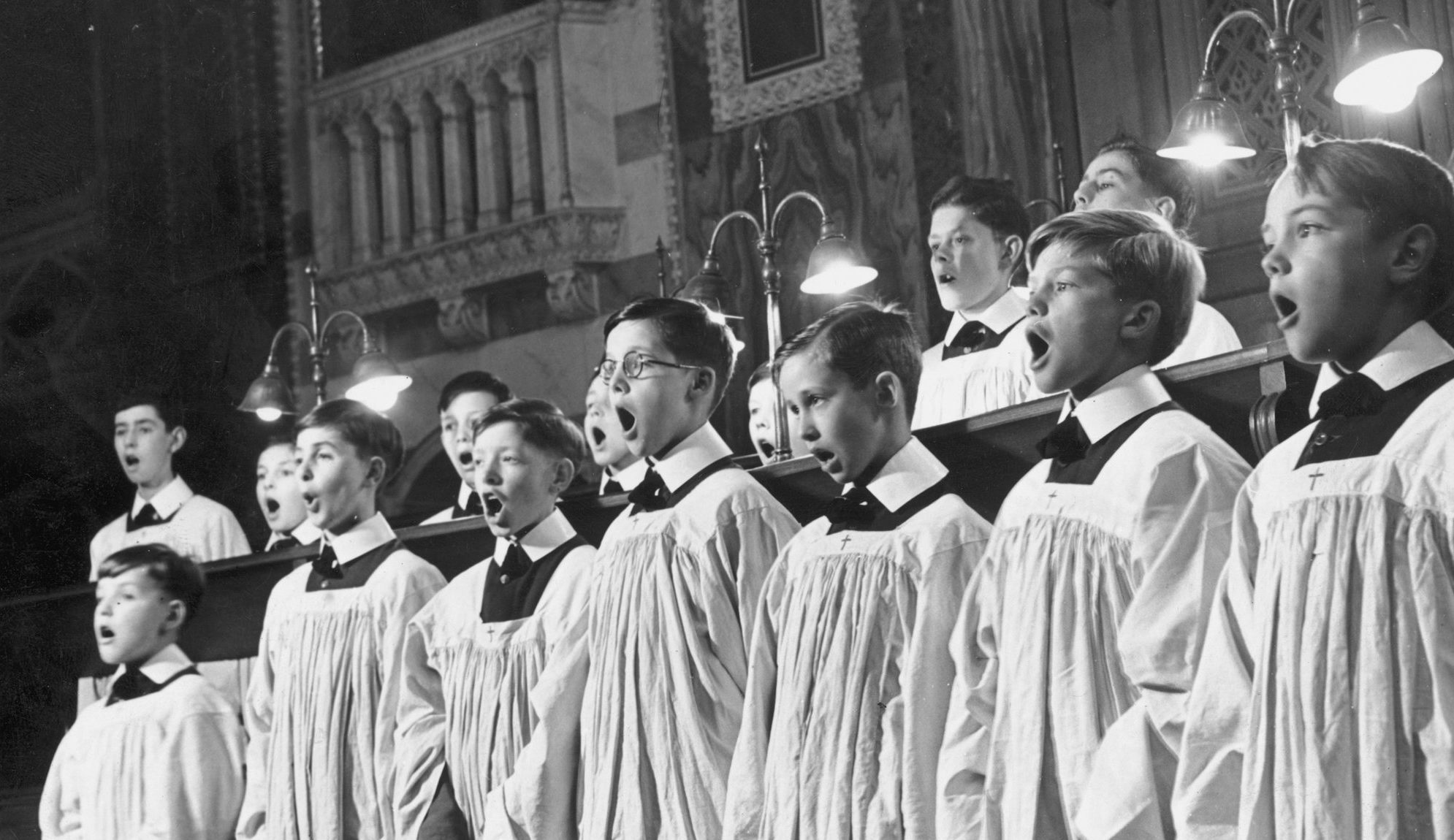Plans for the reopening of churches, along with many of our great institutions, remain hazy. It seems likely that services, as well as being masked, deep cleaned and socially distanced, will be devoid of song. The debate over whether singing could be possible behind masks, or if singers were far enough away still rages, but most cautious church leaders will opt to avoid the risk altogether.
Sensible, maybe, but also heartbreaking. Choirs up and down the country will be experiencing a similar grief. The news for close-knit communities, who have transitioned to digital rehearsals, that they can’t make music together for some time will be a blow. We’ve had enough pro-choir popular television for us all to know the arguments — singing together releases endorphins, builds social cohesion and is a tonic for our mental and physical health. Hundreds of thousands of non-church goers will feel the lack of it.
Singing in churches (and other places of worship), though related, is a slightly different case. It’s a space where all of those who, like me, demonstrate no special musical talent, can go and belt out a tune. Half the joy is the mix of tone-deaf Tony and Christie who is a west end-performer, whose voices would blend nowhere else. We’re singing together, but not for each other, but for someone or something beyond us. Side by side, not eye to eye, the sense of communion with the others in the space is a delightful by-product of trying to commune with God.
Singing in church, I have discovered, is one of the few places I feel my brain, body and spirit are integrated. Think tank work is pretty cerebral, and the temptation to slip into distanced analyst mode crops up in lots of areas of life. What does the research say? What is the evidence? Exercise helps me use my body as well as my brain, but I have to do something pretty intensive to switch off the mental chatter. Meditation, with which I persevere through gritted teeth, also helps to bring some balance. What lockdown has made clear though, is that nothing works like standing in rows with a ragtag group of people in south London and making a joyful noise. The intellectual, spiritual, emotional and bodily are all fed through the lyrics, tune and task of singing.
While one wing of the church might argue that the sacraments (communion, confession) are the “real” heart of the church service, and another that it’s the sermon, I’m realising that for me, the main point of going to a physical space on a Sunday is the singing. A moment of felt encounter with the divine is far more likely for me there than anywhere else. The fabulously named Archibald Davison, in his 1952 treatise on church music said Christians gathered in singing is “one of the thin places where the other world shows through”. Sadly, I don’t know when I’ll get to to do it again.











Join the discussion
Join like minded readers that support our journalism by becoming a paid subscriber
To join the discussion in the comments, become a paid subscriber.
Join like minded readers that support our journalism, read unlimited articles and enjoy other subscriber-only benefits.
Subscribe